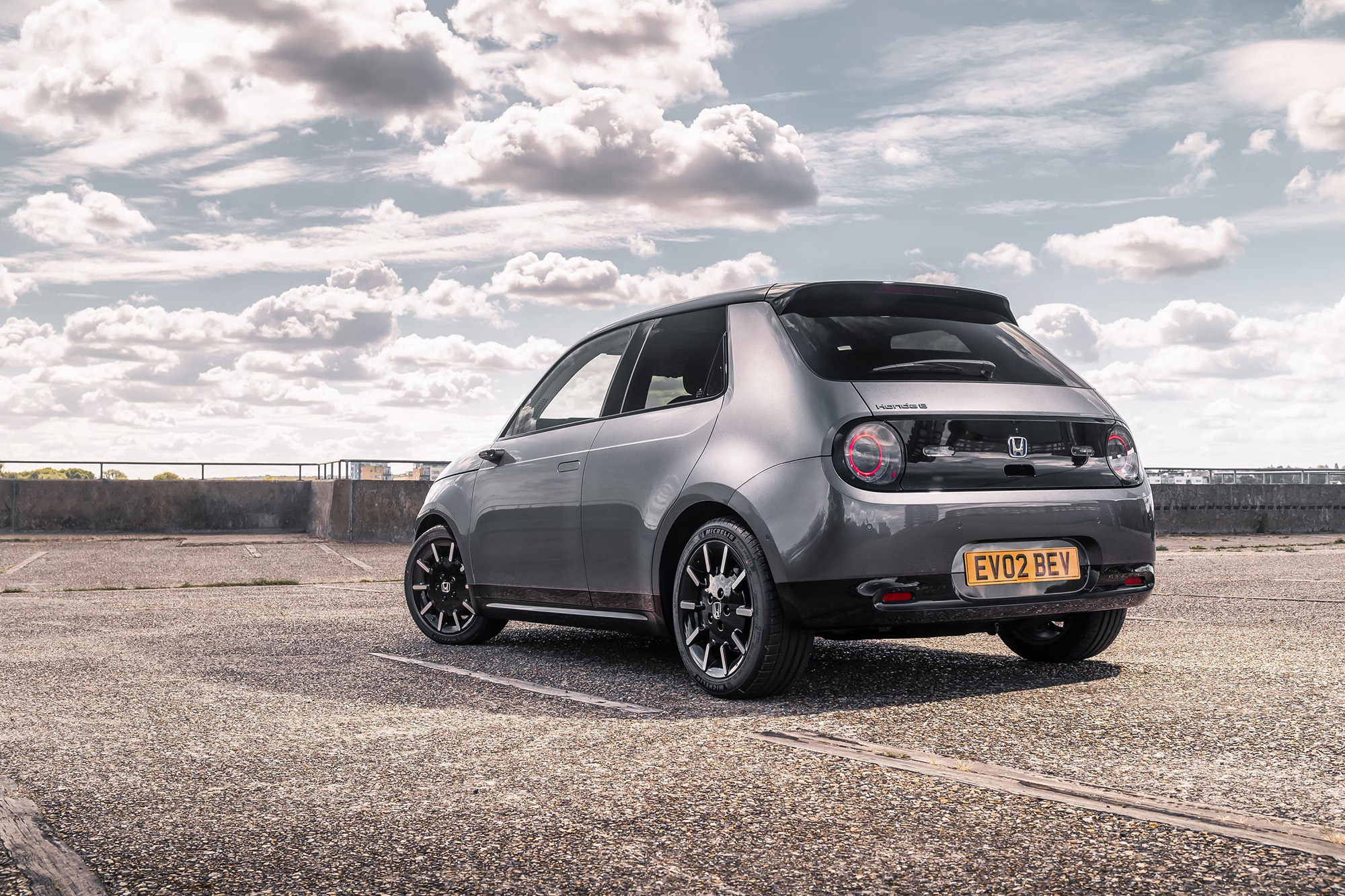Fears have been raised that the increasing cost of lower-priced EVs is stopping many people from making the switch to electric.
This time last year, electric cars costing under £35,000 still qualified for a £2,500 grant, with the cash support cut to £1,500 in December, while also limiting the price threshold to £32,500.
That was scrapped completely in June, with the government focusing its attention and funding on charging points instead.
Combined with inflation, it has meant some EVs have increased significantly in price.
According to EV website Electrifying.com, the Honda e is the ‘lower-end’ model that’s gone up the most in price, with one version now 30 per cent more expensive than it was a year ago – it now costs £36,920.
The website says other car firms have been ‘hiding’ price increases by revising trim levels and removing incentivised finance packages.
It’s worried that EVs may become impossible to buy for a lot of people who are seriously considering getting an electric car.
Ginny Buckley, founder and CEO of Electrifying.com, said: ‘Electric car buyers are facing a reality where they need to find several thousand pounds more to get their chosen new car.

One version of the Honda e has gone up in price by 30 per cent over the past year
‘Add to this the fact that drivers are having to wait up to 14 months to get behind the wheel, and we can see that electric cars could start to become out of reach for many hard-working families.
‘The grant made a big difference to many people, which is why I would like to see an interest-free car loan made available – similar to that available in Scotland – which could be used against the purchase of a new or used electric vehicle.’
More expensive EVs have also increased significantly in price, with Ford’s Mustang Mach-E rising by £8,700 since March, with the cheapest new model now costing £50,030.

































